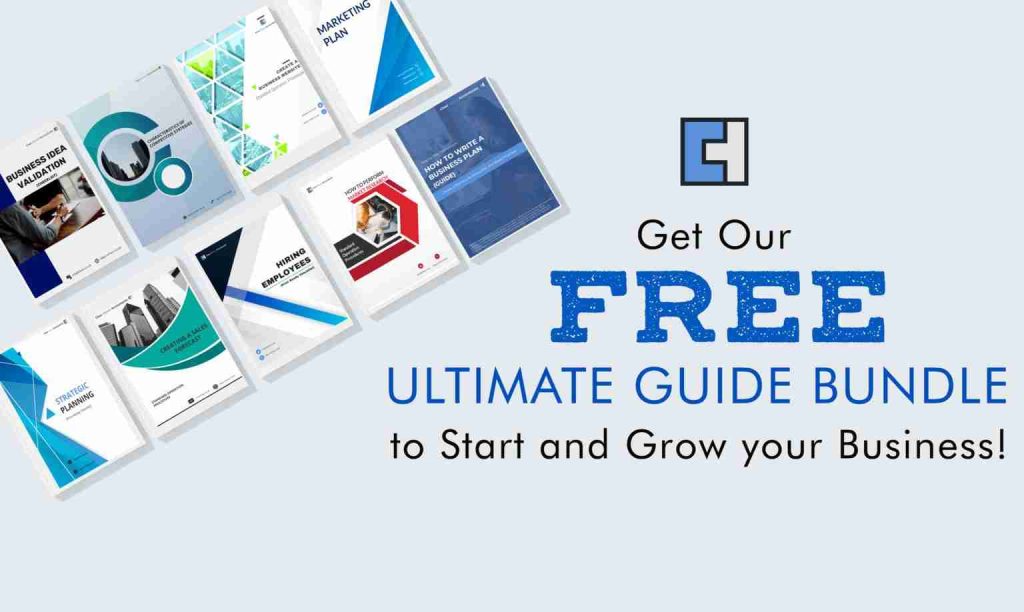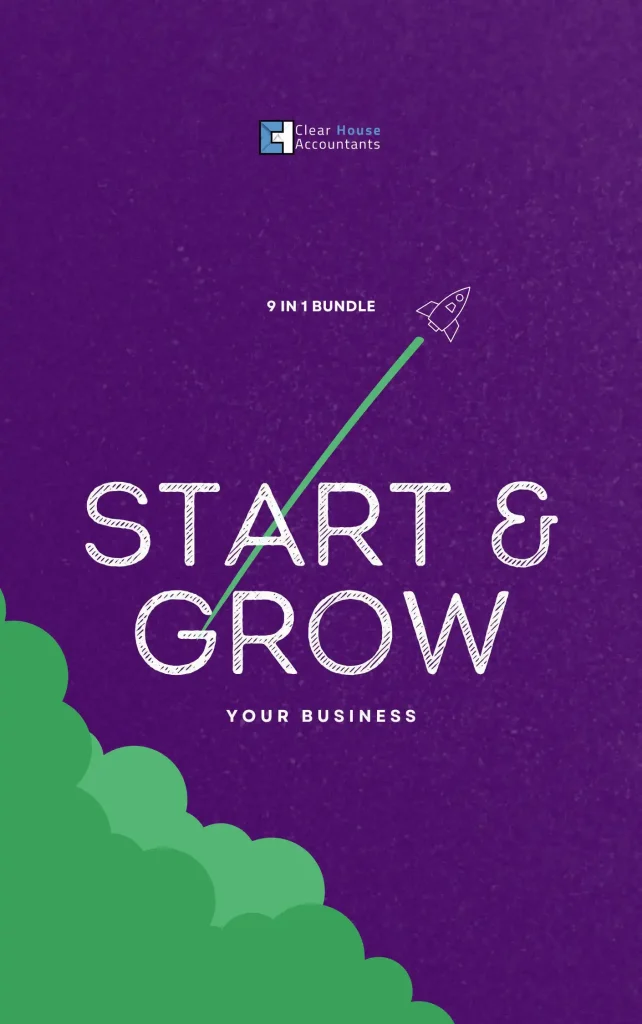There has never been a year like 2020, nor have we seen the time of festivals or Christmas like this time. It’s hard to grasp that the global pandemic has restrained the usual traditional practices like staff parties and team lunches. Challenges such as a continuous state of uncertainty, social distancing, and the lockdown have made it hard for businesses to reward their employees with an annual Tax on Christmas parties or any other event. The tax uncertainties around alternatives such as virtual parties or gift boxes have left employers confused and wary.

Allowable Expenses of Annual Events
Prior to COVID-19, businesses usually held Christmas events without the fear of incurring a taxable benefit, as HMRC confirmed that such once-a-year events were exempt depending on a few conditions. To qualify it as a tax-free benefit to employees.
- The event held must be for all the employees and not for just the directors.
- The total cost incurred at such events is no more than £150 per person (including VAT).
- If you have hosted more than one event in a year and the collective costs do not exceed the £150 threshold.
- The allowable threshold has covered all the costs incurred, including the provision of food, drinks, overnight accommodation (if applicable), and transportation
It is notable that exceeding the allowable limit by just £1 will be considered by HMRC; the costs incurred on the events will be a taxable expense. Moreover, you will also no longer be able to reclaim input VAT incurred on the costs. Even though the legislation did not mention the compulsion of in-person attendance, HMRC continuously insisted that virtual parties did not meet the requirements to be exempted as an allowable expense. However, just recently, HMRC announced that the virtual parties, if within the cost limit, do meet the exemption.
In light of this, many businesses are looking for an alternative way to reward their staff members and reduce the tax bill. It can be like virtual Christmas parties, DIY food baskets, or gift vouchers to their staff.
Trivial Benefits
The tax implications on the gifts to employees depend on their nature and have always been exempted from tax implications. A gift will not be considered a tax-free trivial benefit and will only be subjected to tax and national insurance if:
- It is cash, like a Christmas bonus or a cash voucher.
- It is provided in recognition of any services that the receiver provided during employment.
- The gift is provided in relation to any contractual agreement.
- Most importantly, if the gift provided exceeds the cost limit of £50 (VAT included).
- If the buyer of the gift claims a cash reimbursement through expenses in case they don’t have a company credit card.
Businesses cannot claim any furlough pay for their employees on holidays during the shutdown period. The only condition the furlough scheme may apply to your business is if the employee holidays had begun before the Christmas shutdown and extended after it. However, the recent addition to the exemptions has kept the holiday spirits up for this year as well, despite the stress and apprehension.









































































